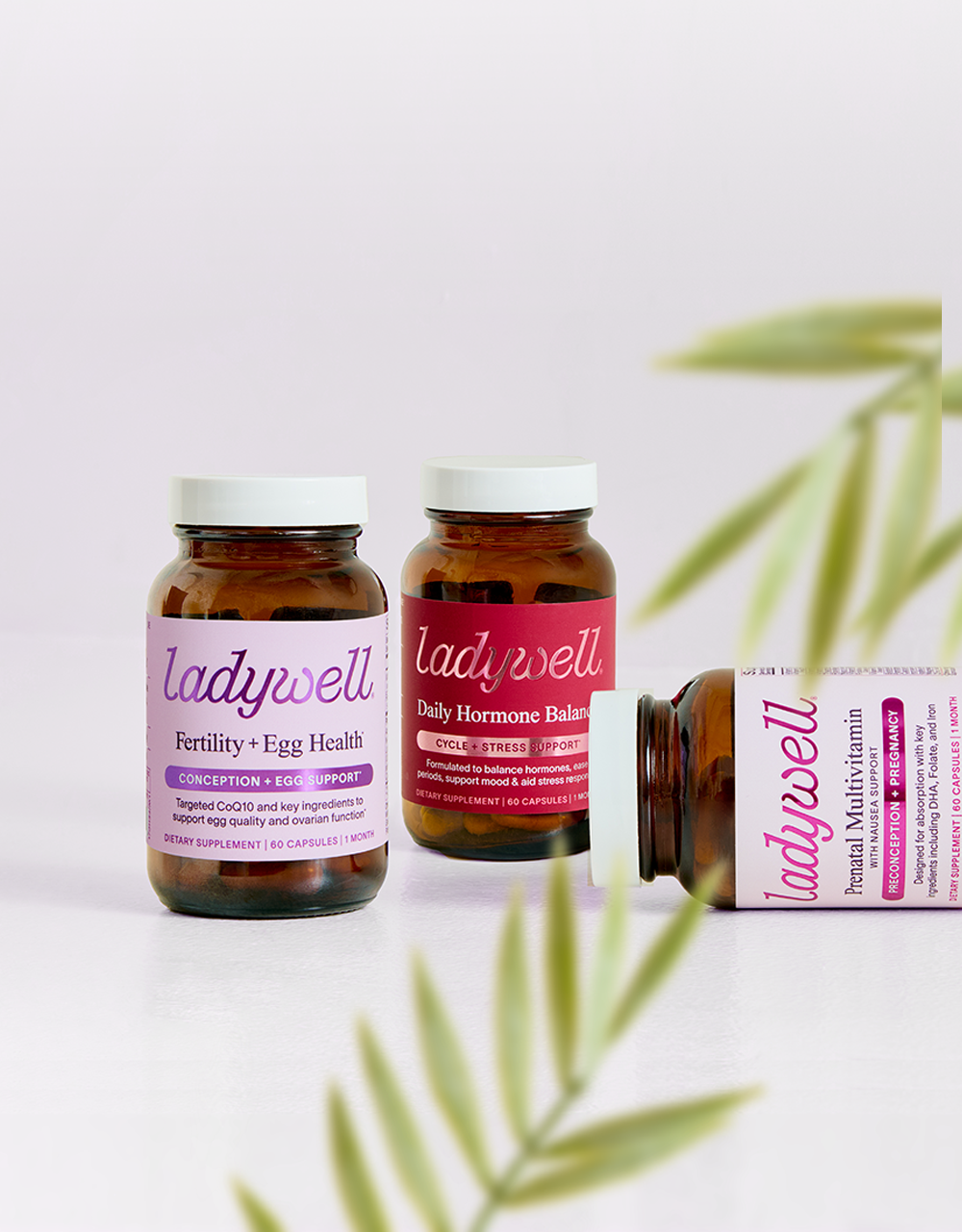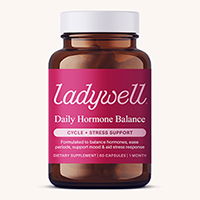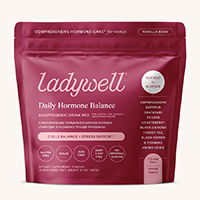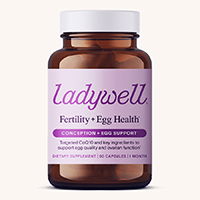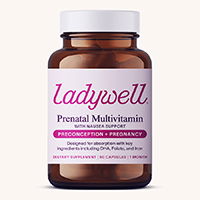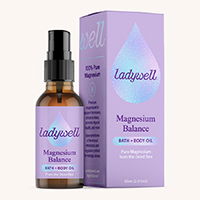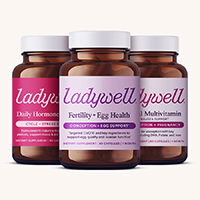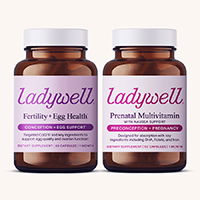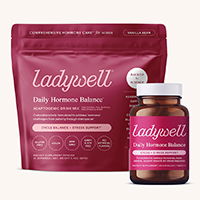Puberty is an exciting and sometimes overwhelming time in life. It’s when your body starts transitioning from childhood to adulthood, bringing along a mix of changes—physical, emotional, and hormonal. While everyone’s journey is unique, understanding what to expect can make this phase a little less mysterious and a lot more empowering.
What Exactly Is Puberty?
Puberty is the stage of development when your body starts preparing for adulthood and reproductive health. For girls, this typically begins between ages 8 and 13, but everyone’s timeline is different. The changes are driven by hormones, primarily estrogen and progesterone, which signal your body to grow and transform.
What Are the Signs of Puberty?
Puberty doesn’t happen overnight; it’s a gradual process with many milestones. Here’s what you can expect:
- Breast Development: Often one of the first signs, you may notice small, tender bumps under the nipples.
- Body Hair Growth: Hair will begin to grow in new areas, like under your arms and around your pubic region.
- Menstruation (Your Period): Usually starts about two years after breast development begins.
- Skin and Hair Changes: Increased oil production can lead to acne, and your hair may feel greasier.
- Growth Spurts: You’ll notice changes in your height and body shape, such as wider hips.
- Mood Swings: Hormonal changes can cause a rollercoaster of emotions, which is completely normal.
How to Handle the Emotional Side of Puberty
The emotional changes during puberty can sometimes feel like the toughest part. Hormones like estrogen influence brain chemicals like serotonin, which affect your mood. Here are some tips to navigate the emotional side of puberty:
- Talk About It: Share your feelings with someone you trust—a parent, sibling, or friend.
- Practice Self-Care: Take time to do things you enjoy, like reading, drawing, or spending time outdoors.
- Learn to Manage Stress: Mindfulness, deep breathing, or even a quick walk can help calm your mind.
Taking Care of Your Body During Puberty
- Nutrition Is Key: Your body needs extra nutrients during this time of rapid growth. Eat a balanced diet rich in calcium, iron, and healthy fats to support bone health, energy, and hormonal balance.
- Stay Active: Regular physical activity not only keeps your body healthy but also boosts your mood.
- Hygiene Matters: With changes in your skin and sweat glands, practicing good hygiene becomes essential. Wash your face regularly, and consider using a deodorant.
How to Prepare for Your First Period
Getting your first period is a big milestone, and being prepared can make it less intimidating. Here are some tips:
- Keep a small pouch with pads or tampons in your school bag.
- Track your cycle with a calendar or a period tracking app.
- Remember, it’s okay to ask questions or seek help from a parent, teacher, or school nurse.
The Role of Hormonal Balance During Puberty
Hormonal imbalances are common during puberty, leading to issues like irregular periods, acne, or extreme mood swings. Supplements, like Ladywell’s Daily Hormone Balance, can help support hormonal health. Packed with essential nutrients and herbs, it’s designed to promote overall well-being and make puberty a little smoother.
How Supplements and Vitamins Can Support Hormonal Health During Puberty
Adaptogens are natural herbs that help the body adapt to stress and maintain balance, making them particularly beneficial during puberty. Hormonal changes can sometimes leave you feeling tired, moody, or overwhelmed, and adaptogens like ashwagandha are known to support emotional resilience and energy levels.
Ladywell’s Daily Hormone Balance includes carefully selected adaptogenic herbs to support your body through hormonal fluctuations. These powerful ingredients work alongside vitamins and minerals to promote balanced moods, steady energy, and overall hormonal health, giving you the tools to thrive during this transformative time. As always, consult a healthcare provider before starting any new supplements.
When to Seek Help
While many changes during puberty are normal, it’s important to speak with a healthcare provider if:
- Your periods are extremely painful or irregular after the first two years.
- You feel persistently sad, anxious, or overwhelmed.
- You experience severe acne or other unusual symptoms.
Final Thoughts
Puberty is a significant chapter in your life—one that can feel confusing, exciting, and sometimes challenging. Remember, it’s a natural part of growing up, and you don’t have to go through it alone. With the right knowledge, support, and self-care, you’ll navigate this phase with confidence and grace.
Disclaimer
The information provided in this blog is for educational purposes only and is not intended as a substitute for professional medical advice. Always consult a qualified healthcare provider before making any changes to your health regimen, especially if you are pregnant, nursing, or taking any medications.




